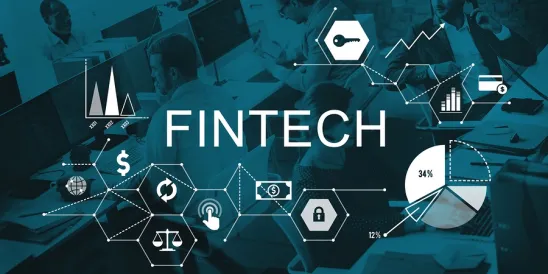The Office of the Comptroller of the Currency’s (OCC’s) recent announcement that it will receive and process applications for financial technology (fintech) charters is attracting negative attention from diverse sectors of the public arena.
On January 9, Senators Sherrod Brown (D-OH and the ranking member of the US Senate Committee on Banking, Housing, and Urban Affairs) and Jeff Merkley (D-OR) wrote to Comptroller of the Currency Thomas Curry questioning whether the OCC has the authority to grant charters to fintech firms. The senators’ letter notes, among other things, that the authority granted by Congress to the OCC to charter special-purpose national banks is very specific and that the OCC’s proposed activity may exceed what is allowed under the National Bank Act.
In addition, New York Department of Financial Services Superintendent Maria T. Vullo recently wrote to Comptroller Curry bluntly stating her opposition to the fintech charter. Superintendent Vullo raised a number of objections to the OCC proposal. Chief among her points were her assertions that states are already active in the regulation of fintech businesses and that a national fintech charter could undermine consumer protections associated with fintech activities. In a subsequent (and equally blunt) speech before the Exchequer Club in Washington, DC, Superintendent Vullo reiterated that she is “ardently opposed” to the OCC fintech charter concept.
New York is not the only state to have material concerns with the OCC proposal. Among others, North Carolina Commissioner of Banks Ray Grace recently was quoted as having “serious concerns” with the OCC fintech charter scheme. Further, the Conference of State Bank Supervisors, in a comment letter on the OCC’s new receivership rules for uninsured national banks, has opposed the fintech charter proposal, stating that the use of the OCC’s chartering authority in this manner would be an “overreaching, unprecedented use of such authority.”
The tension between states and the OCC regarding consumer protections and the scope of preemptive authority conferred by the National Bank Act is not new. Among other things, this ongoing debate led to the insertion of provisions in the Dodd-Frank Act affirming the applicability of state consumer protection laws to national bank subsidiaries and affiliates (overturning a long line of regulatory precedents and case law to the contrary) and limiting the OCC’s authority to make federal preemption determinations for national banks. Although the fintech charter debate does not expressly revolve around the scope of federal preemption under the National Bank Act, state regulatory authorities have (accurately) expressed the concern that a federal fintech bank charter would enable fintech providers to rely on federal preemption to avoid a substantial part (if not all) of state financial services regulation and supervision.
Where does this controversy leave the OCC fintech charter initiative? The OCC has concluded that the National Bank Act gives it the authority to charter a fintech company, provided that the company is engaged in one or more of the “core” banking functions of receiving deposits, paying checks, or lending money. Accordingly, the agency is not likely to be swayed by the argument that it lacks the power to grant such charters. However, the OCC likely will be more mindful of the legal and reputational ramifications of chartering fintech companies—including the possibility of legal action to challenge charter approvals, or adverse congressional reactions. Moreover, one possible “wild card” in the fintech charter process may be the views of the incoming Trump administration and the Republican-controlled Congress on this subject, which have not been clearly articulated at this time.
Takeaways
Our view on the viability of the fintech charter has always been that the first charter applicants will encounter an intensive and deliberate (translation: lengthy) OCC application review process as, among other things, the OCC develops processes and procedures for the review of, and decisions on, fintech charter applications.
To what extent the rising level of opposition to the fintech charter will influence the OCC’s decision-making processes cannot be predicted at this time. That said, we think it is safe to conclude that these recent developments will give the OCC every incentive to be cautious in approving any applications, especially those submitted by applicants that are engaged in higher-risk activities such as small-dollar lending (assuming that the OCC would approve any such applications, which may be a debatable assumption).
In sum, it may be a bit premature to celebrate the OCC fintech charter as a new milepost in fintech innovation.




 />i
/>i

